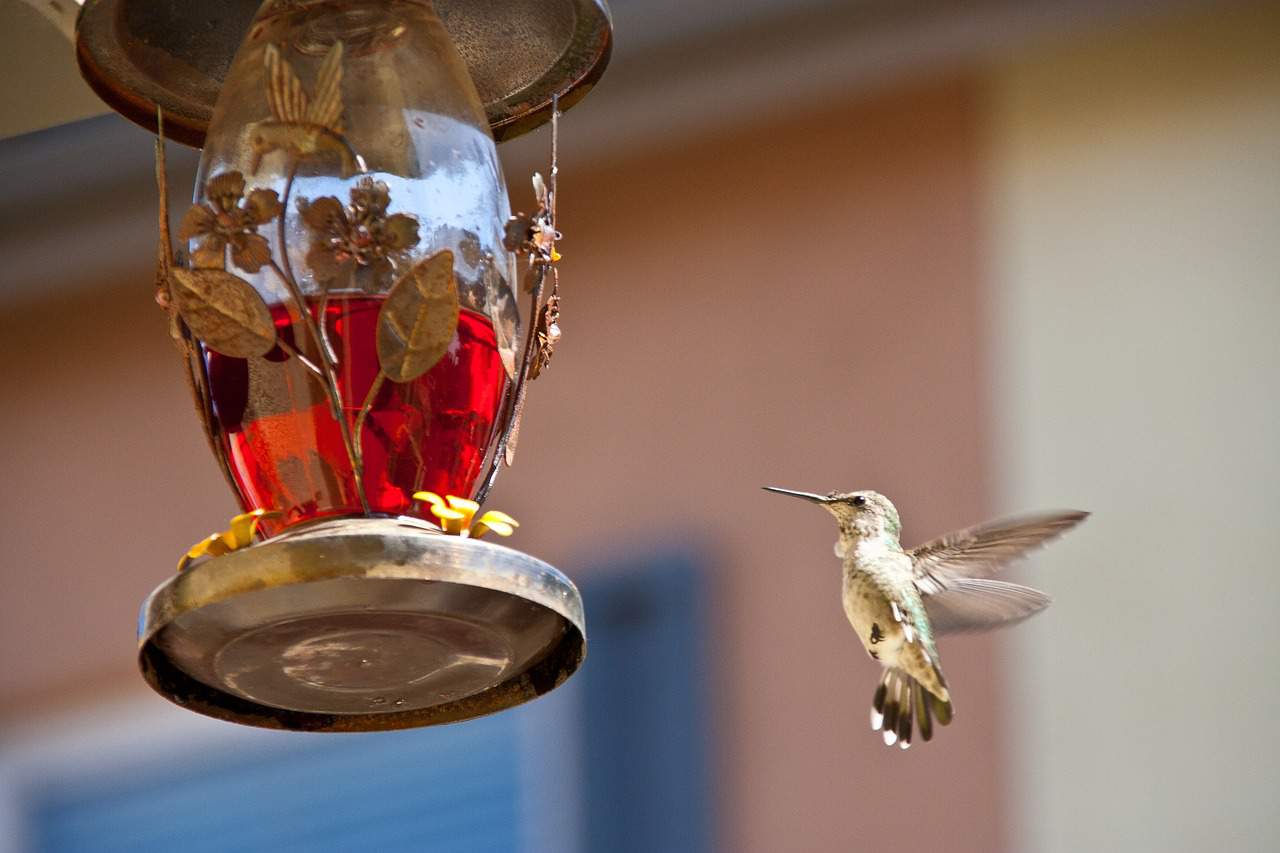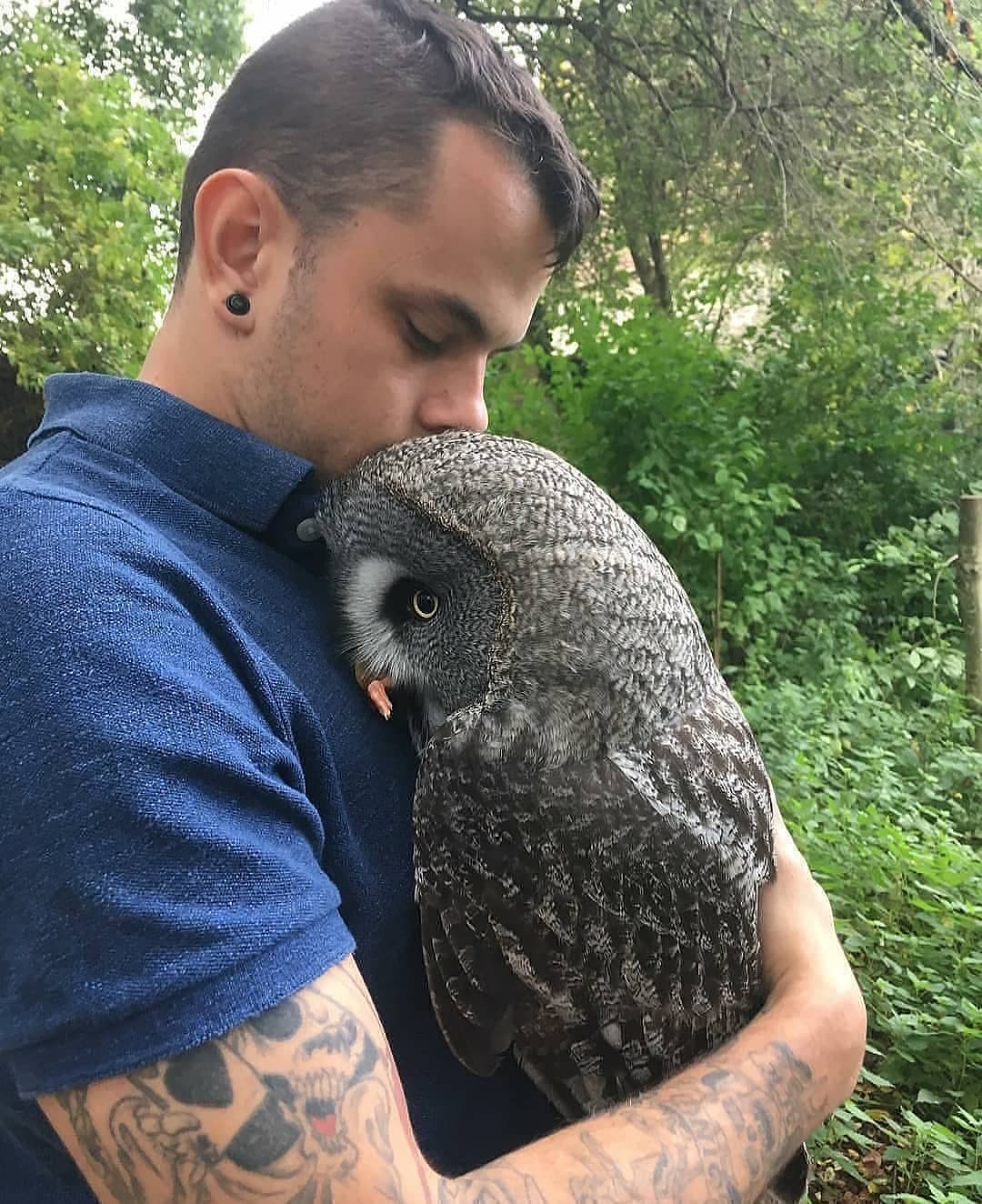Hummingbirds have always fascinated me. They are able to flutter their wings at such a rapid speed that it almost becomes a blur! Even though they are some of the smallest birds in the world, they manage to captivate and fascinate people. Mostly, these birds do it with their cute appearance and their flying pattern, which is truly unique.
We have all seen hummingbirds hovering over flowers and sucking on the nectar, but have you ever seen hummingbirds at night? Have you ever wondered what they eat at night? Well, I am here to answer all your questions and give you the answer, Do hummingbirds eat during the night? So let’s begin!
Do Hummingbirds Eat During The Night?

You’d be surprised to know this, but Hummingbirds don’t actually eat anything at night! Yes unlike us humans having snacks and meals at night, hummingbirds don’t eat anything at all at night! This is simply because they are diurnal, meaning they are animals that are active during the daytime.
What Types of Food Do Hummingbirds Eat at Night?
Again hummingbirds do not eat at night. But if they were to eat anything, then it would be nectar. You see, nectar is the main food for hummingbirds. Nectar is made by flowers to attract pollinators like hummingbirds. It’s sweet and has a floral aroma that attracts hummingbirds from far away distances.
But since flowers don’t produce or release this nectar during the night, hummingbirds have to wait till sunrise and early morning to have their share of nectar from flowers.
How Do Hummingbirds Survive Through the Night?
Let’s take a look at smartphones for an example. What do you do when you can’t charge your phone but you need it to keep working? You put it into battery-saving mode!
During the night, it’s a very hard time for hummingbirds. Because there is no food available for them during this time, but don’t worry they do not go hungry or starve.
Just like smartphones, hummingbirds also have a battery-saving mode called Torpor. You see, Torpor is a kind of deep sleep. Just like bears and other animals go into a deep sleep called Hibernation, hummingbirds go into Torpor at night. But unlike hibernation, which may last for months at a time, Torpor only lasts for 1 night.
During Torpor, hummingbirds are able to reduce and lower their heart rate, internal body temperature, and even their metabolism. This allows them to survive through even the darkest of nights with ease!
What Do Hummingbirds Do During the Day to Prepare for Nighttime Feeding?
During the day time, Hummingbirds are always seeking out nectar-rich flowers to feast on. They also eat small insects and bugs to meet their protein requirements.
However, they do not prepare for nighttime feeding. The reason for that is simply because they do not feed at night, and so they do not need to prepare for it at all.
How Can Homeowners Make Backyards Attractive to Hummingbirds at Nighttime?
Again, hummingbirds are not nocturnal, nor are they active at night. Instead, they are totally diurnal, meaning they are mostly active during daytime hours.
So if you want to attract hummingbirds to your backyard during the day or any time, you can do a few things to make the backyard more inviting and welcoming.
Here are some examples:
- Plant trees and shrubs that produce nectar-rich flowers. Trust me, it will attract hummingbirds like giant magnets! It will not only work as a hummingbird magnet but also make your backyard beautiful and warm!
- Install a birdbath! Yes, hummingbirds and other birds love bathing so installing a big birdbath will not only attract hummingbirds but also other birds as well.
- Set up hummingbird feeders with sugar water solution or honey and water solution. This will mimic the nectar they would receive from flowers, and yes, this, too works like a magnet!
- Try and avoid using harsh chemicals and toxic substances like insecticides and pesticides. This will not only act as a repellant for birds but may even make them sick and kill them.
Frequently Asked Questions
Do hummingbirds fly around at night?
Hummingbirds do not fly or move around at night. Instead, they go into a deep sleep state called Torpor.
What could be draining my hummingbird feeder at night?
If you ever find that your hummingbird feeders are being emptied at night, then do not blame hummingbirds for it. Yes, hummingbirds don’t feed at night.
So when you see that the feeders are empty, the culprits are actually other nocturnal animals. Nocturnal animals are ones that are active at night! For example, bats, raccoons, etc.
Why does my hummingbird feeder empty so quickly?
Hummingbirds require a lot of energy-rich foods to function. Nectar is packed with energy, which is one of their primary foods. So if you see your feeders are becoming empty too quickly, then it means that the hummingbirds are loving and appreciating what you are serving them.
What Time Do Hummingbirds Come Out To Eat?
Hummingbirds are early birds. Meaning they come out to eat very early in the morning as that is the time when flowers are full of nectar. They start coming out to eat as soon as the Sun rises, and so they begin their hunt for nectar-rich flowers!
Will Hummingbirds Sleep Together To Keep Warm?
Hummingbirds are solitary birds. This means that they tend to sleep alone separately instead of huddling together like most other birds. Even during cold winter nights, hummingbirds do not need to keep each other warm because of their Torpor sleeping state. It allows them to adjust their body temp with the environment while saving energy.
Conclusion
Now that you know more about hummingbirds and their unique feature called Torpor, I hope you’ll be able to use this information and suggestions to properly set up a backyard that attracts hummingbirds and hopefully befriend a few of them!

